There are busts of Mark Twain, Dred Scott, Josephine Baker, Harry Truman and other legends of history.
The day I learned Rush Limbaugh would join their ranks, I thought it was a joke.
2/
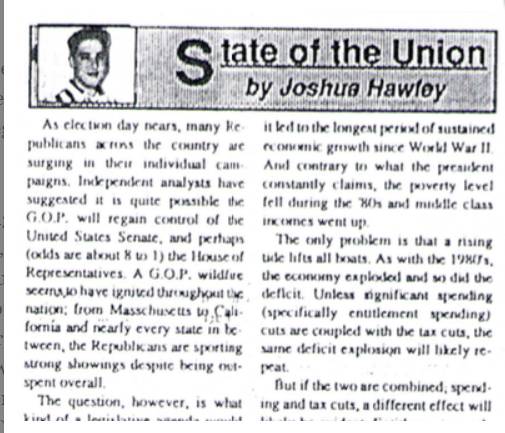

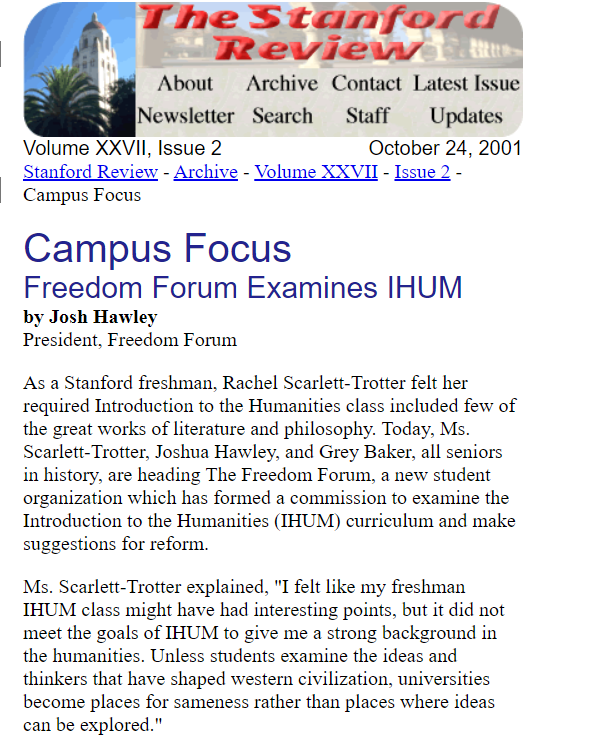
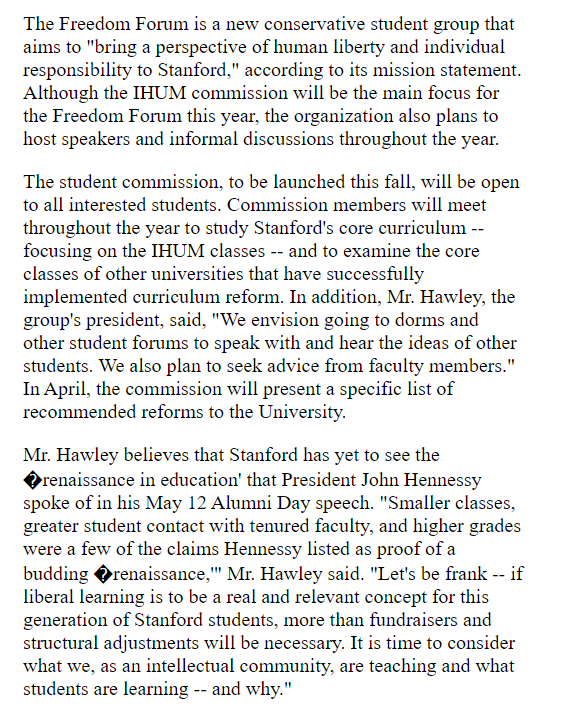
Sadly, much of the media and many members of the Washington establishment want to deceive Americans into thinking those who raised concerns incited violence, simply by voicing the concern. That\u2019s false. And the allegation itself is corrosive and dangerous. https://t.co/drhsK54MzQ pic.twitter.com/rEk9G5DOo5
— Senator Hawley Press Office (@SenHawleyPress) January 13, 2021


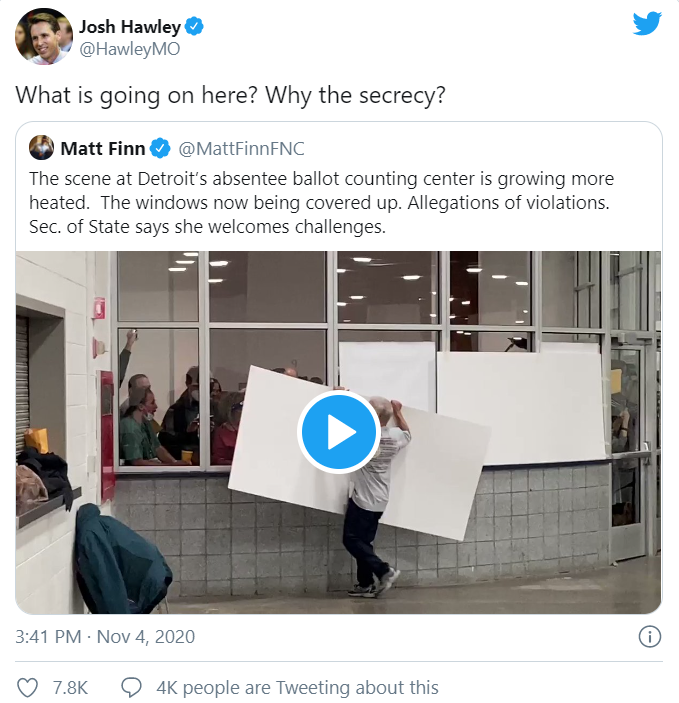
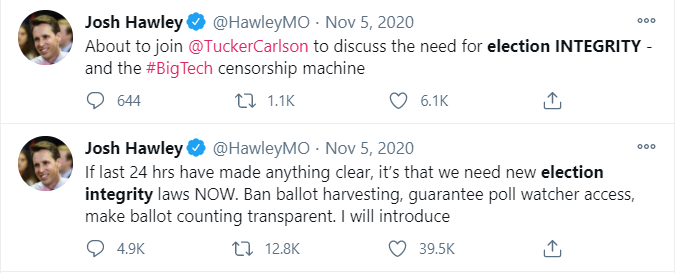

If everyone was holding bitcoin on the old x86 in their parents basement, we would be finding a price bottom. The problem is the risk is all pooled at a few brokerages and a network of rotten exchanges with counter party risk that makes AIG circa 2008 look like a good credit.
— Greg Wester (@gwestr) November 25, 2018
Imagine for a moment the most obscurantist, jargon-filled, po-mo article the politically correct academy might produce. Pure SJW nonsense. Got it? Chances are you're imagining something like the infamous "Feminist Glaciology" article from a few years back.https://t.co/NRaWNREBvR pic.twitter.com/qtSFBYY80S
— Jeffrey Sachs (@JeffreyASachs) October 13, 2018


